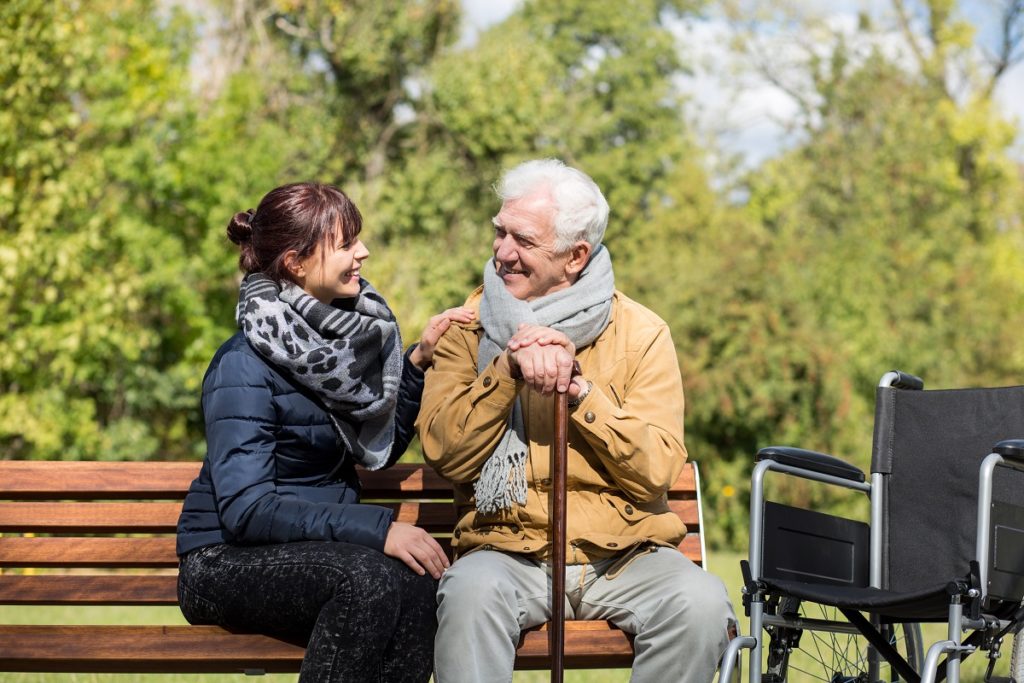Source: caregiver.org
“My husband is the person with Alzheimer’s, but now I’m the one in the hospital!” We hear this all too often. Researchers know a lot about the effects of caregiving on health and well-being. For example, if you are a caregiving spouse between the ages of 66 and 96 and are experiencing mental or emotional strain, you have a risk of dying that is 63 percent higher than that of people your age who are not caregivers.1 The combination of loss, prolonged stress, the physical demands of caregiving, and the biological vulnerabilities that come with age place you at risk for significant health problems as well as an earlier death.
Older caregivers are not the only ones who put their health and well-being at risk. If you are a baby boomer who has assumed a caregiver role for your parents while simultaneously juggling work and raising adolescent children, you face an increased risk for depression, chronic illness, and a possible decline in quality of life.
But despite these risks, family caregivers of any age are less likely than non-caregivers to practice preventive healthcare and self-care behavior. Regardless of age, sex, and race and ethnicity, caregivers report problems attending to their own health and well-being while managing caregiving responsibilities. They report:
- Sleep deprivation
- Poor eating habits
- Failure to exercise
- Failure to stay in bed when ill
- Postponement of or failure to make medical appointments for themselves
Family caregivers are also at increased risk for depression and excessive use of alcohol, tobacco, and other drugs. Caregiving can be an emotional roller coaster. On the one hand, caring for your family member demonstrates love and commitment and can be a very rewarding personal experience. On the other hand, exhaustion, worry, inadequate resources, and continuous care demands are enormously stressful. Caregivers are more likely to have a chronic illness than are non-caregivers, namely high cholesterol, high blood pressure, and a tendency to be overweight. Studies show that an estimated 46 percent to 59 percent of caregivers are clinically depressed.
Collabria Care offers ongoing caregiver support groups in Napa and St. Helena, in association with the Redwood Caregiver Resource Center and the Alzheimer’s Association of California.
At Collabria Care, 414 South Jefferson St. Napa
1st Thursday of every month (Respite available)
1:00 p.m. to 3:00 p.m.
3rd Wednesday of every month
5:30 p.m. to 7:00 p.m.
At Rianda House, 1475 Main St. Saint Helena
1st Thursday of every month
3:00 p.m. to 4:30 p.m.
Call 707.258.9080 for more information

